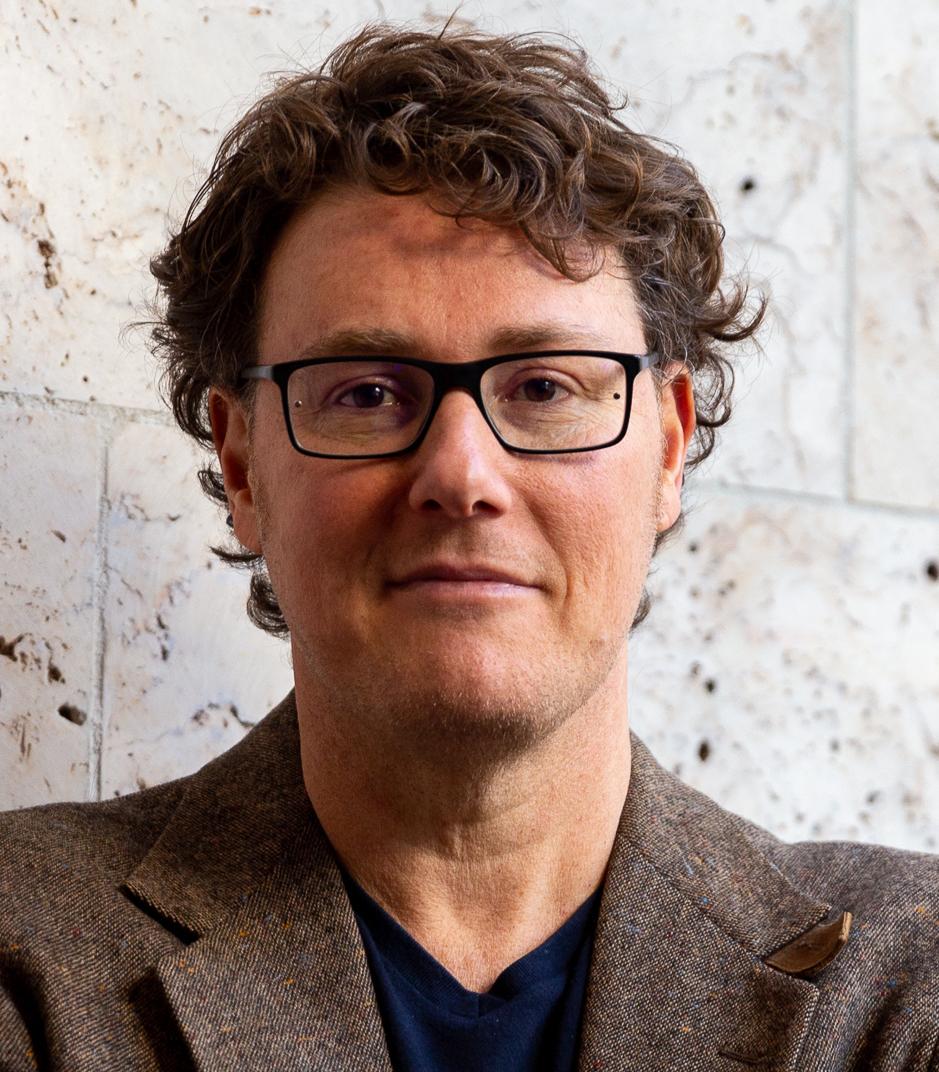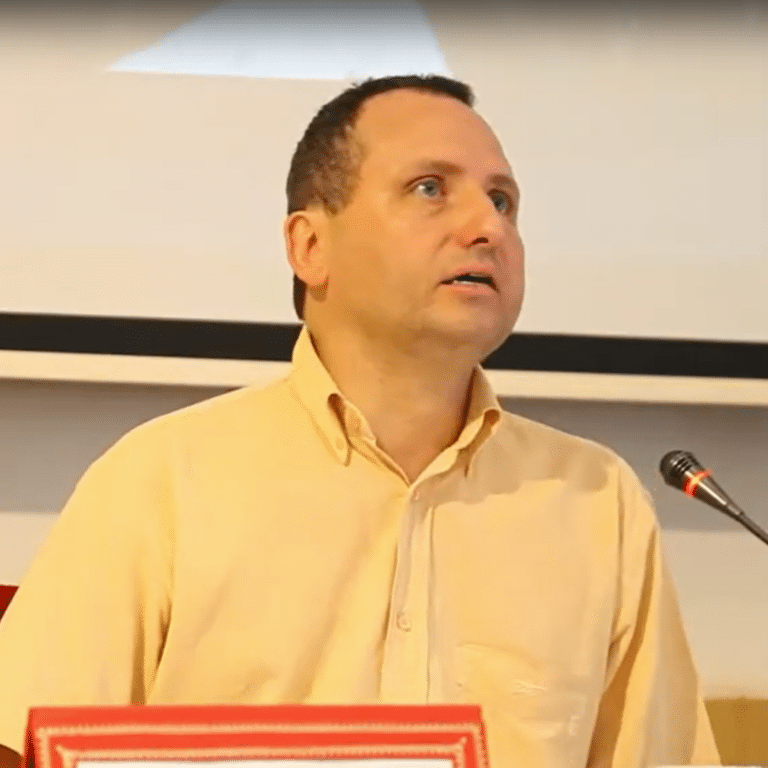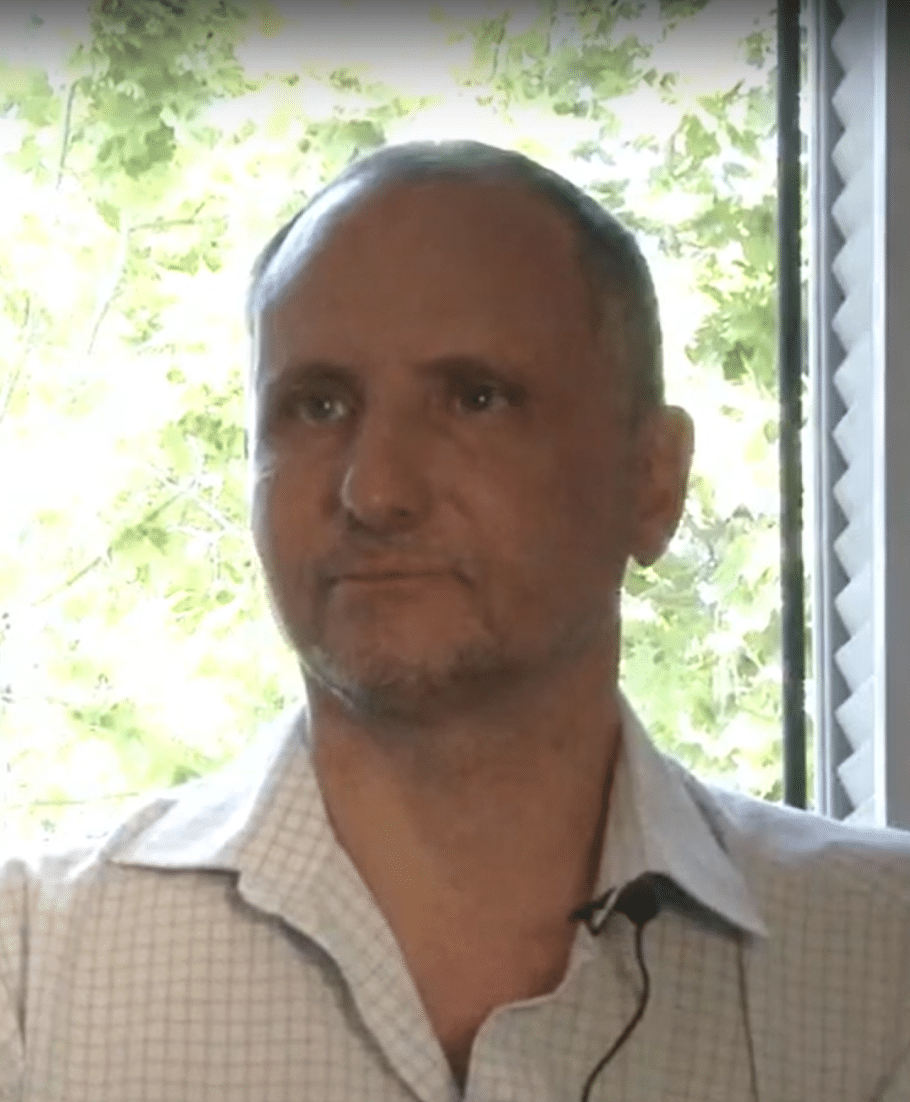Research project
Alimentation et frontières : Terroir transnational à travers le territoire en Europe et au Moyen-Orient
Summary of the research project
How does the political border affect transnational foodways? This project explores the border effect on food and wine across borders in Israel/Palestine, Central Europe, the UK and the Iraqi Diaspora in Israel and London. Etymologically related, the concepts of terroir and territoriality display divergent cultural histories. While one designates the palatable characteristics of place as a branded story of geographic distinction (goût de terroir), the other imbues the soil with political meaning, defendable boundaries, and collective entitlement. This book project traces the production of gastro-politics in contested spaces across political borders. Tracing the ascent of terroir as an organizing principle for the global wine culture and food industry, I examine the intersection of political geography, national identity and cultural locality in the transnational production of edible authenticity
Biography
Daniel Monterescu is associate professor of anthropology at the Central European University, Budapest/Vienna. He holds a Ph.D. from the University of Chicago, a Sommelier certificate (level 3, 2010, Italy), and is training for completion of the Wine & Spirit Education Trust (WSET) level 4 diploma in Austria. He was a Marie Curie postdoctoral fellow at the European University Institute in Florence, and a visiting professor at EHESS/Paris and the Technion. Monterescu currently studies gastronationalism and border wines in Europe and the Middle East through the concepts of terroir and territory. His previous research focused on the European “refugee crisis” and Jewish revival movements in Central European cities. He has published widely on ethnic relations and urban space in binational (“mixed”) towns in Israel/Palestine as part of a larger project on identity, sociality and gender relations in Mediterranean Cities. His publications feature articles in American Ethnologist, Public Culture, Gastronomica, Constellations, Identities, Journal of Levantine Studies, International Journal of Middle East Studies, World Development, Ethnologie française, Storia Urbana, Comparative Studies in Society and History and contributions to numerous edited volumes in English, Arabic, French, Italian and Hebrew. He is the author of the award-winning Jaffa Shared and Shattered: Contrived Coexistence in Israel/Palestine (Indiana UP, 2015) and coauthor of Twilight Nationalism: Politics of Existence at Life’s Edge (Stanford UP, 2018). He is a recipient of the 2019 Gerda Henkel Stiftung grant on “Lost Cities”.




